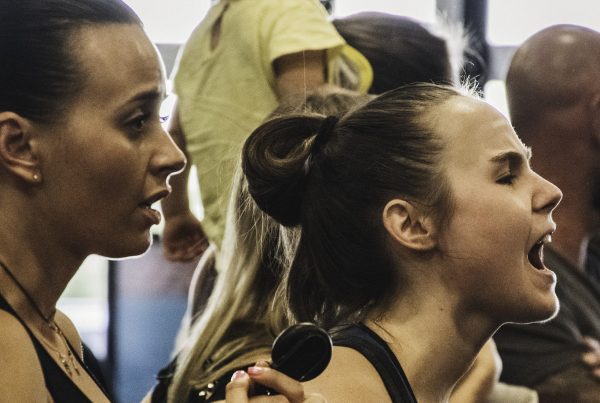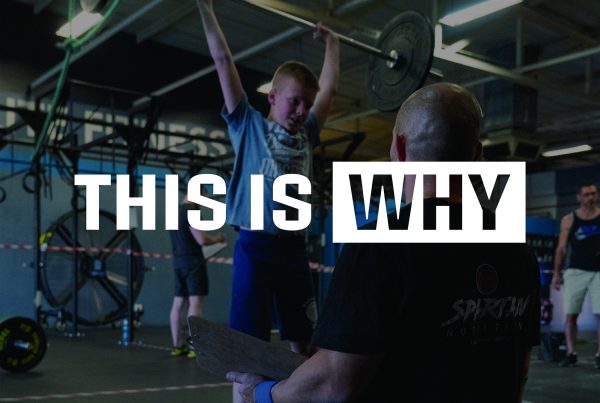Almost everything is new to your mind and body when you start out on your fitness journey. As long as you are taught and understand the importance and benefit of the skills you’re being introduced to your progress on all levels feels exponential. The kilograms, meters and reps just keep on coming. In time the gains still come, but at a much slower rate. And in time you also discover where the holes in your fitness lie.
Strength comes quickly for some. Others get strong quickly but struggle to move sub-maximal loads quickly. There are the gymnastics ninjas who have little trouble getting inverted, and those who seem to be just built for endurance-based activities. It has a bit to do with genetics, a lot to do with what methods of training you’re exposed to, and even more to do with what you like doing. Yes, you typically like doing what you’re naturally good at, but you often do some things because it peaks your interest.
What needs to happen when you’ve passed those early stages of learning–when you’ve discovered the holes in your fitness–is a little bit of give and take. You need to sacrifice further gains, and possibly a bit of regression, in your strong areas in favour of covering the holes in your fitness.
No more gains? Going backwards? What the…? Yes, but only in the stuff you are really good at AND in favour of developing a more balanced fitness.
The good thing is that you don’t need to change much in order to cover those holes up. There’s no need to specialised programming and lots of time in the gym. A bit of individually tailored programming may certainly help, but all you need to do is keep turning up to sessions regardless of the workout, and apply yourself more at the stuff you suck at. Confront the discomfort experienced in the things you’re not as good at, hang out there, and keep turning up.
It also helps to do a little less (extra work) in the areas you’re already really good at. A lack of progress and even regression in that area in lieu of leveling other areas up is actually an increase in fitness. If your max squat numbers might be stagnant or down a bit, but your gymnastics conditioning and performances in conditioning workouts are up a lot, it means you’re fitter overall. If your endurance performance might have plateaued but your performance in sprint-based tests is up, you are fitter overall.
So as you reflect on your performances in the variety of tests we do, remember that the big goal is fitness–increased capacity in an array of time and modal domains. Keep your toys in the cot if your strength hasn’t improved because chances are your strength is already pretty good and you’ve improved in other domains.
Specialisation is for insects. Become a jack of all trades.



